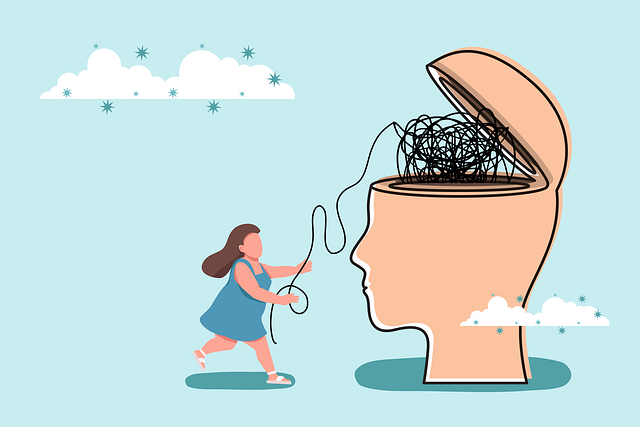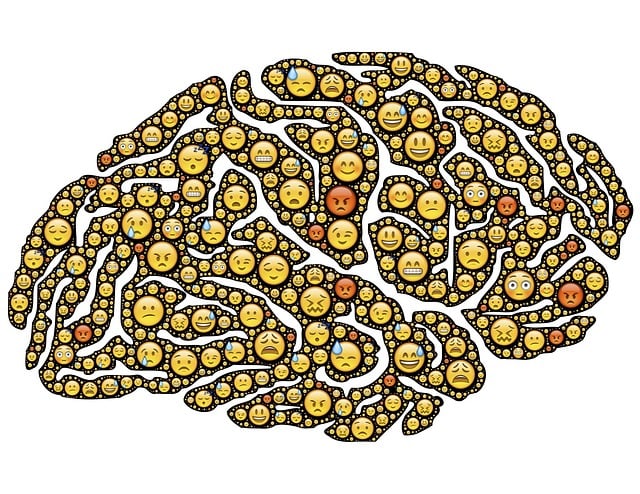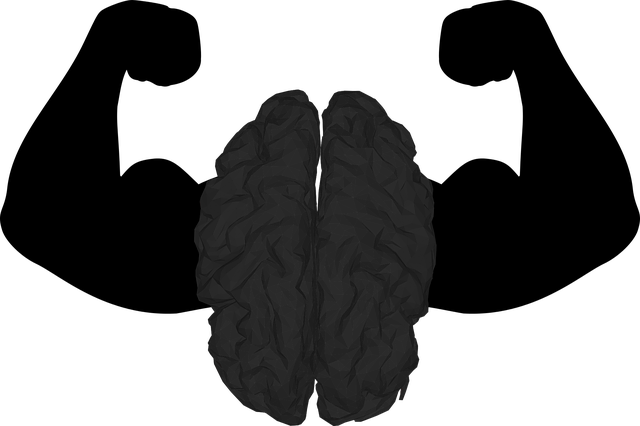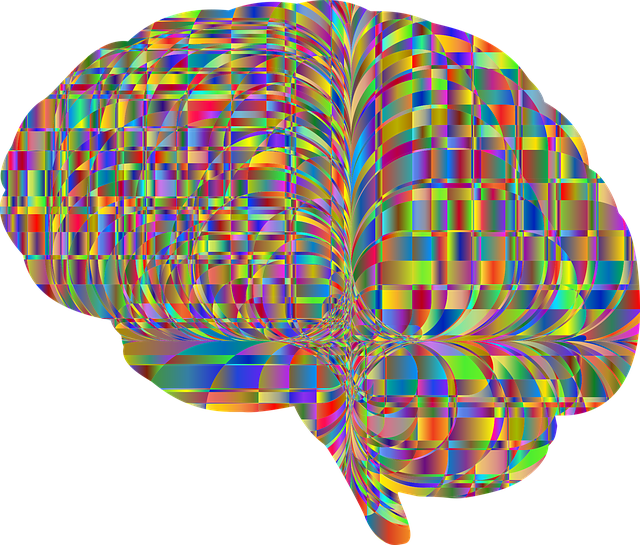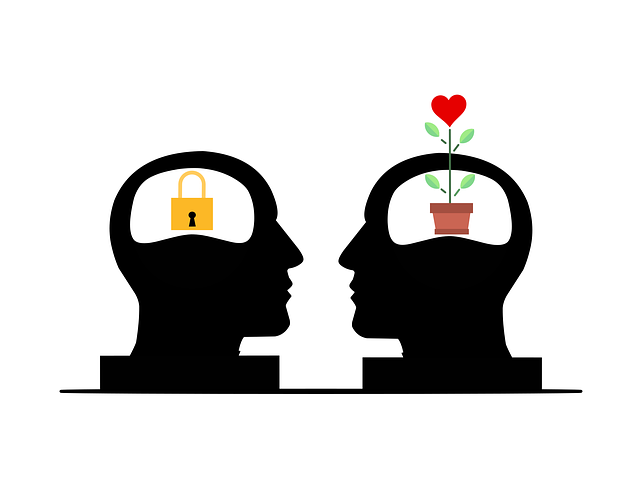Colorado Springs Geriatrics Therapy leverages advanced data analytics and technology to deliver effective mental health care. By meticulously interpreting patient records, mood patterns, thought processes, and social interactions, therapists gain deep insights for personalized treatment. Advanced software streamlines data management, enhances documentation accuracy, and enables targeted interventions. Interpretative techniques like Natural Language Processing (NLP) uncover valuable themes from textual data in patient notes. This data-driven approach allows for identifying at-risk populations, personalizing treatment plans, and integrating evidence-based practices tailored to geriatric mental health needs.
Mental health data analysis is a powerful tool in understanding and improving geriatric care. This article explores how effective analysis of Colorado Springs Geriatrics Therapy patient records can transform mental health services. We begin by laying the foundation for data comprehension, delving into the unique considerations of geriatric mental health data. Then, we examine technology’s role in collecting and organizing these insights, followed by an exploration of advanced interpretive techniques. Finally, discover how data-driven strategies enhance Colorado Springs Geriatrics Therapy outcomes.
- Understanding Mental Health Data: A Foundation for Effective Analysis
- The Role of Technology in Collecting and Organizing Colorado Springs Geriatrics Therapy Data
- Interpretative Techniques for Unlocking Insights from Patient Records
- Applying Data Analysis to Improve Geriatric Mental Health Care Outcomes
Understanding Mental Health Data: A Foundation for Effective Analysis

Understanding Mental Health Data is a fundamental step in delivering effective therapy services, such as those offered by Colorado Springs Geriatrics Therapy. Accurately interpreting data allows professionals to gain profound insights into an individual’s mental state, behaviors, and overall well-being. This process involves meticulous analysis of various factors, including mood patterns, thought processes, and social interactions. By examining these aspects, therapists can identify areas of concern and tailor interventions accordingly.
For instance, analyzing emotional regulation data can reveal triggers for heightened stress or anxiety, guiding the development of coping strategies. Similarly, burnout prevention measures rely on understanding workload-related mental health trends among healthcare providers. Moreover, assessing social skills training outcomes enables therapists to refine their approaches, enhancing group interactions and support networks for better patient engagement and recovery.
The Role of Technology in Collecting and Organizing Colorado Springs Geriatrics Therapy Data

In today’s digital era, the role of technology in collecting and organizing Colorado Springs Geriatrics Therapy data is more significant than ever. Advanced software solutions enable mental health professionals to efficiently record patient information, including therapy sessions, medication management, and progress reports. These digital tools streamline data entry, minimize errors, and ensure accurate documentation. By adopting tech-driven approaches, therapists in Colorado Springs can capture detailed insights into the effectiveness of their treatments.
Moreover, technology facilitates the development of public awareness campaigns and self-care routine guidance for better mental health. It also aids in risk management planning for mental health professionals by providing data-driven analytics to identify potential risks and implement proactive mitigation strategies. This comprehensive approach not only enhances patient care but also contributes to the overall well-being of the community, ensuring that Colorado Springs Geriatrics Therapy services remain at the forefront of innovation and effectiveness.
Interpretative Techniques for Unlocking Insights from Patient Records

In the realm of mental health care, interpreting patient records is a complex yet crucial task. Advanced interpretative techniques are essential to unlock valuable insights from these records, especially in diverse settings like Colorado Springs Geriatrics Therapy. By employing sophisticated analytics and data mining methods, healthcare professionals can delve into patient journeys, identify patterns, and gain a comprehensive understanding of their mental health conditions. This involves not just diagnosing but also interpreting the nuances of each individual’s experience, which is vital for tailoring effective treatment plans.
The process includes analyzing textual data from patient notes, identifying key themes related to coping skills development and stress management, and even unraveling the impact of social factors. For instance, through natural language processing (NLP), patterns in communication can reveal underlying mental illness stigma reduction efforts within the therapeutic environment. These techniques not only enhance clinical decision-making but also foster a more nuanced approach to addressing mental health concerns, ensuring personalized care for every patient, regardless of their background or age.
Applying Data Analysis to Improve Geriatric Mental Health Care Outcomes

In the realm of geriatric mental health care, data analysis is a powerful tool for enhancing patient outcomes and improving overall well-being in Colorado Springs Geriatrics Therapy. By applying sophisticated analytical techniques to large datasets, healthcare professionals can uncover valuable insights into the complex interplay between aging, cognitive function, and mental health. This involves examining trends, identifying at-risk populations, and personalizing treatment plans based on individual needs. For instance, analysis can reveal correlations between specific mental health conditions and lifestyle factors, guiding therapists to integrate evidence-based practices such as Mind Over Matter principles and Positive Thinking exercises tailored to each patient’s unique circumstances.
Moreover, the integration of Mental Wellness Journaling Exercise Guidance into data analysis allows for a more holistic understanding of geriatric patients’ internal experiences. By encouraging reflective writing, healthcare providers gain access to unspoken thoughts and emotions, further enriching their clinical decision-making. This multifaceted approach not only improves the effectiveness of treatment but also fosters a sense of empowerment among older adults, enabling them to actively participate in managing their mental wellness through structured journaling guidance.
Mental health data analysis is a powerful tool in enhancing geriatric care in Colorado Springs. By understanding and interpreting patient records, healthcare professionals can unlock valuable insights to improve therapy outcomes. The technology-driven approach, as highlighted in this article, streamlines data collection and organization, making it easier to identify trends and patterns. Through advanced interpretive techniques, healthcare providers can personalize treatment plans, ultimately fostering better mental well-being among the geriatric population of Colorado Springs. This data-driven perspective is a game-changer, ensuring that therapy remains effective, efficient, and tailored to each patient’s unique needs.





